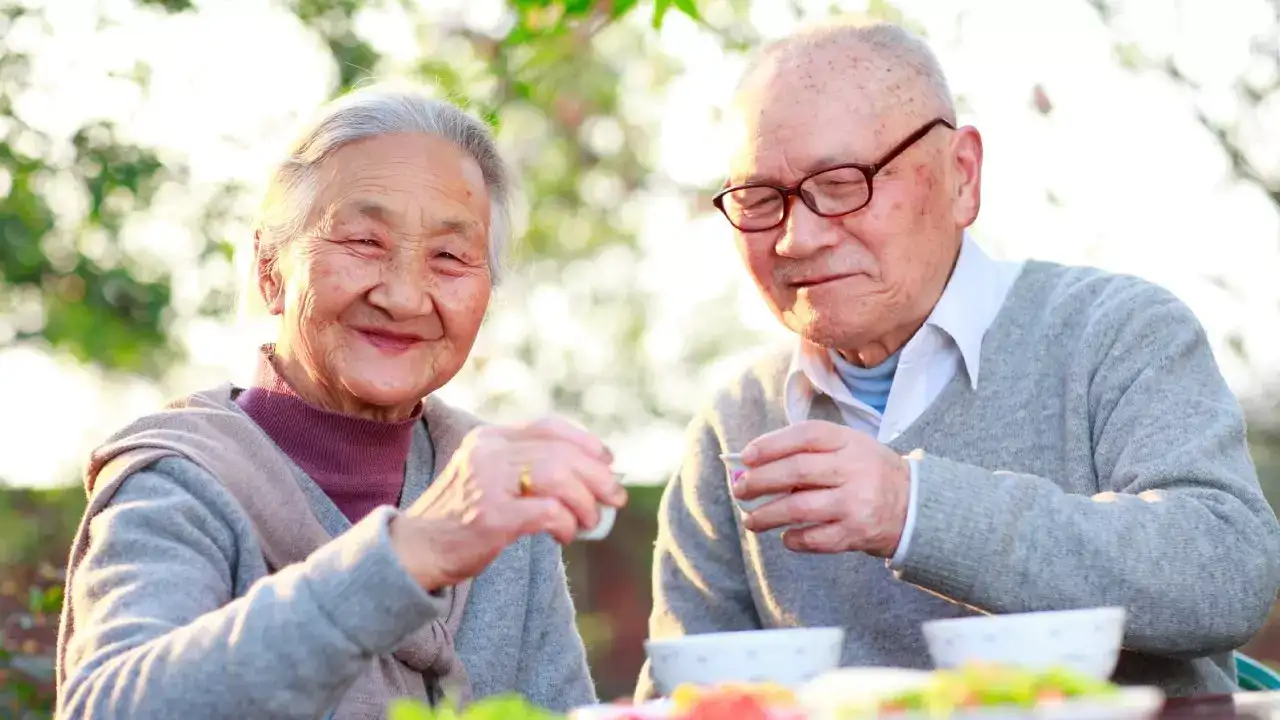Unlock a Longer Life: 8 Japanese Secrets to Longevity & Wellbeing

Japan: a land of ancient traditions, cutting-edge technology, and a fascinating secret – some of the world's longest lifespans. It's no coincidence that the Japanese consistently top the charts for life expectancy. While genetics certainly play a role, the real magic lies in their unique lifestyle. Forget fleeting trends; these are time-tested habits passed down through generations.
Ready to add years to your life and vitality to your days? Let's dive into 8 key longevity secrets from the Japanese – practical tips you can incorporate into your own routine, starting today.
1. The Power of 'Hara Hachi Bu': Eat Until 80% Full
This simple principle, a cornerstone of Okinawan culture, encourages mindful eating. 'Hara Hachi Bu' means eating until you’re about 80% full. It's not about deprivation; it’s about tuning into your body’s natural hunger cues and avoiding overeating, which can strain your digestive system and contribute to weight gain.
2. Embrace the 'Ichigo Ichie' Philosophy: Cherish Every Moment
Meaning 'one time, one meeting,' Ichigo Ichie is a beautiful reminder that every encounter is unique and fleeting. This philosophy encourages mindfulness and presence, reducing stress and promoting a sense of gratitude. When you truly appreciate each moment, you’re less likely to dwell on the past or worry about the future.
3. Move Naturally Throughout the Day: Everyday Exercise
Japanese culture isn’t about grueling gym sessions. It's about integrating movement into daily life. From walking to work to tending gardens, the Japanese naturally incorporate physical activity. This consistent, low-impact exercise contributes to overall health and well-being.
4. Prioritise Green Tea: A Daily Ritual
Green tea is more than just a beverage in Japan; it's a cultural staple. Rich in antioxidants, particularly catechins, green tea helps protect against cellular damage and may reduce the risk of chronic diseases. A daily cup can be a simple, powerful addition to your health routine.
5. Forest Bathing (Shinrin-Yoku): Connecting with Nature
Shinrin-Yoku, or forest bathing, is the practice of immersing yourself in nature. Studies have shown that spending time in forests can lower blood pressure, reduce stress hormones, and boost the immune system. Even a short walk in a park can make a difference.
6. Strong Social Connections: The Importance of Community
Loneliness is a significant health risk. Japanese culture places a high value on community and social connection. Maintaining strong relationships with family and friends provides emotional support and a sense of belonging, contributing to both physical and mental health.
7. Purpose and Meaning: Finding Your 'Ikigai'
Ikigai, roughly translated as





